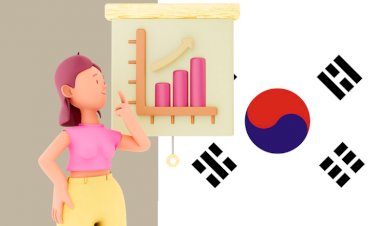An Examination of Gold Laws in Hong Kong

One of the major financial hubs in the world is Hong Kong, and the city's gold market benefits significantly from this. As a result, rules and license requirements have been put in place to guarantee the reliability and security of the gold trade in Hong Kong. This article will look at Hong Kong's licensing requirements for the gold trade and the regulations that traders must adhere to in order to do business legally.
Hong Kong's gold trading laws.
Numerous rules and laws apply to the gold trade in Hong Kong. The Hong Kong Monetary Authority (HKMA) is the primary regulatory body for gold trading in Hong Kong. The HKMA is in charge of monitoring the Hong Kong financial markets and making sure they run in a fair, open, and secure manner.
The Anti-Money Laundering and Counter-Terrorist Financing (Financial Institutions) Ordinance is a key regulation that Hong Kong's gold traders must follow. This ordinance lays out the standards for diligence and record-keeping that gold traders must adhere to in order to stop money laundering and terrorism financing.
Hong Kong's licensing rules for gold traders.
Traders must apply for a license from the HKMA in order to conduct gold trading in Hong Kong. A thorough application must be submitted, and the HKMA must check it to make sure the trader complies with all standards and requirements before issuing a license.
Gold traders must prove they have the required knowledge and experience in the gold trade, as well as that they have established suitable risk management and compliance procedures, in order to be granted a license. Additionally, they need to show that they are financially secure enough to carry out their operations by establishing a physical office in Hong Kong.
Gold traders must adhere to the rules and laws established by the HKMA once a license has been granted. In order to make sure they continue to meet the requirements, they must also go through routine audits and inspections.
Effect of licensing and regulation on the global gold market.
The licensing and regulation of gold traders in Hong Kong has a sizable effect on the world gold market. Hong Kong is one of the major global gold trading hubs, and its gold market is significantly influenced by Hong Kong.
Hong Kong contributes to the transparency and security of the gold trade by establishing rules and licensing requirements. By preventing fraud and other illegal activities, this helps to uphold the gold market's integrity.
Furthermore, foreign clients and investors who want to participate in the gold trade are given assurance by Hong Kong's stringent rules and licensing requirements. As a result, the market for gold becomes more stable and secure, luring in more investors.
Conclusion.
The regulation and licensing of the gold trade are essential to maintaining its integrity and security because it is a significant part of the global economy. Gold traders in Hong Kong are required to obtain a license from the HKMA in order to conduct business, and they are also subject to a number of rules and laws.
The HKMA works to protect the integrity of the gold market, stop fraud and other illegal activity, and give international clients and investors confidence by regulating the gold trade in Hong Kong. As a result, and going forward, Hong Kong's licensing and regulation of gold traders will continue to play a significant role in the global gold market.
Author: Pooyan Ghamari, Economist Visionary and Specialist in Gold and Banking

 content-team
content-team 


















